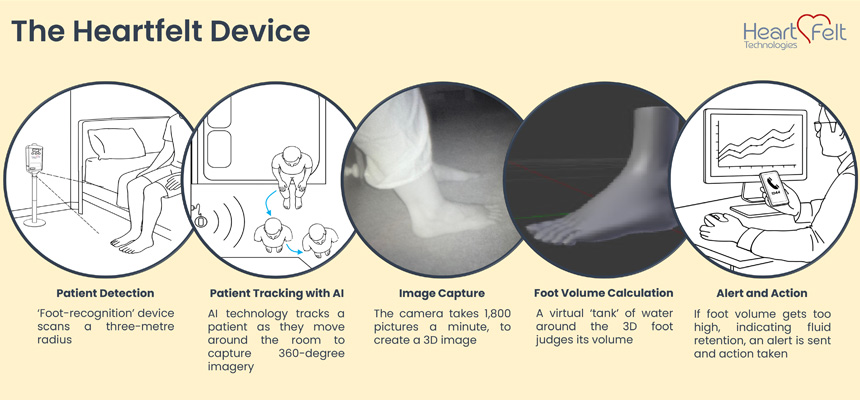£7.3million secured to reduce critical infrastructure risks at Torbay Hospital
We are delighted to confirm that we have secured £7.3million from the estates safety fund to reduce our critical infrastructure risks at Torbay Hospital, helping to prevent cancelled appointments and operations.
The monies will be used to replace air handling units and undertake refurbishment in our day and eye surgery theatres, support the structural remedial works on the tower block, replace roofing that is in poor condition and to support electricity compliancy works.
Joe Teape, Chief Executive, said: “We’ve been very open that the age and condition of our estate at Torbay Hospital is having an impact on our patients, our staff and our ability to delivery high quality care.
“While we welcome this investment to help mitigate our immediate risks, the need for significant investment in Torbay Hospital remains. We are committed to working together with our staff, patients and local people to deliver the modern hospital that our Torbay and South Devon communities deserve and need.”
Read more on our website: £7.3million secured to reduce critical infrastructure risks at Torbay Hospital
At-home ‘foot-recognition’ AI scanner can prevent heart failure hospitalisations
A home device which scans someone’s feet as soon as they get out of bed in the morning could keep people with heart failure out of hospital, according to research presented at the British Cardiovascular Society conference in Manchester.
More than a million people in the UK have heart failure which, when not fully controlled by medication or lifestyle factors, can lead them to be hospitalised.
Now an AI device with ‘foot recognition’, similar to face-recognition technology, could potentially flag when heart failure is becoming severe and life-threatening – delivering an alert 13 days before a person would end up in hospital, according to new research supported by the National Institute for Health and Care Research (NIHR).
Dr Philip Keeling, senior author of the study and a consultant cardiologist at Torbay and South Devon NHS Foundation Trust, said: “This device detects one of the big three warning signs for people with heart failure before they end up in hospital.
“Only about half of people admitted to hospital with heart failure currently get assigned an early review by a heart failure nurse who can check to see if they are suffering a harmful build-up of fluid because their heart is not working properly.
“Amid a shortage of heart failure nurses, a device like this can be like a virtual nurse, tracking people’s health.

Read more on our website: At-home ‘foot-recognition’ AI scanner can prevent heart failure hospitalisations
